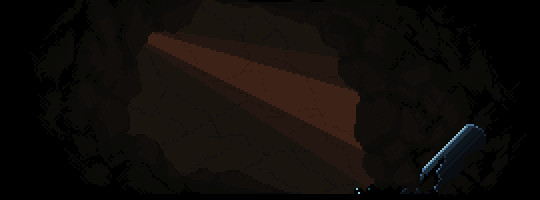The Language of Okoto
Chapter 3
Now that we’ve taken the first step in breaking down the dataset, it’s time to go a bit further. Recall that, thus far, we’ve decomposed the names ekimu and makuta into eki “maker” plus *mau “mask” (“mask maker”) and *mau “mask” plus kuta “hoarder” (“mask hoarder”). For this post, let’s focus on these newly-derived elements eki and kuta and try to break them down even further.
First of all, consider their meanings: “maker” and “hoarder”. Both of these constitute “agentive” nouns, indicated by the English suffix -er. This common element of agentivity can easily provide us with a point of comparison, in the same way that we used the common element of “mask” in the previous post. Therefore:
Assumption: The words eki and kuta both incorporate a morpheme corresponding to “agent”.
And from there we can move immediately to an observation:
Observation: There is a common sequence /k+vowel/ in both words, /e-ki/ and /ku-ta/.
The variation between /ki/ and /ku/ presents us with a situation that is almost identical with the situation involving /ma/ ~ /mu/ in the previous post, in which case, to keep things maximally simple, we can apply the exact same methodology in order to derive /ki/ ~ /ku/ from a common etymological source, parallel to the derivation of /ma/ ~ /mu/ from the reconstructed *mau.
Proposal 1: The sequence /ki/ in /eki/ and the sequence /ku/ in /kuta/ can both be traced back to an older common form *kui “agent”. Furthermore, the vowel-sequence /ui/ is affected by the following phonological rule, which has two subparts:
Phonological Rule 2:
Subpart 2a: /ui/ becomes /i/ word-finally. Example: /ekui/ > /eki/.
Subpart 2b: /ui/ becomes /u/ elsewhere. Example: /kuita/ > /kuta/.
This phonological rule is modeled on the first phonological rule affecting /au/ and operates according to the exact same principles, i.e. the first vowel in a sequence of two vowels is deleted in word-final position, while the second vowel deletes elsewhere. This kind of rule-based simplicity is desirable, I would say, on grounds of parsimony, so it’s fortunate that we can take advantage of it once again!
Now that we’ve extracted *kui “agent” from eki and kuta, we are left with the challenge of assigning appropriate meanings to the remnants of these terms: e- on the one hand and -ta on the other. First, let’s consider the meanings of eki and kuta in relation to our new assumption about *kui “agent”: The term eki “maker” would derive from the complex e-kui, translating to something like “?agent of making; make-er”, while the term kuta would derive from kui-ta, translating to something like “?agent of hoarding; hoard-er”, in which case we can assign rough meanings to our remaining elements, e “?making” and ta “?hoarding”.
This once again leaves the question of the syntactic/semantic difference between the two terms. In both cases, the primary element is *kui “agent”, with e “?making” placed as a modifier before *kui and ta “?hoarding” placed as a modifier after *kui. Here’s how these facts play out:
e-kui = “agent with an abstract/indirect relation to making”, i.e. not a “direct” maker (creating things from nothing), but a builder or someone who makes things out of materials (one step removed from the initial process of creation)
kui-ta = “agent with concrete relation to hoards/groups”, i.e. someone who directly/physically collects objects into definable groups.
Recap:
- We have decomposed the words eki “maker” and kuta “hoarder” into the reconstructed element *kui “agent”, modified in the former case by the element e “?making, ?creating” and in the latter case by the element ta “?hoarding, ?grouping”.
- Along the way, we’ve derived a second phonological rule affecting the vowel-sequence /ui/ (> /i/ word-finally, /u/ elsewhere).
Current Glossary:
e “?making, ?creating”
eki “maker” (< *ekui)
ekimu “mask maker”
*kui “agent” (would become ki in the modern form of Okotoan)
kuta “hoarder” (< *kuita)
makuta “mask hoarder”
mu “mask” (< *mau)
ta “?hoarding, ?grouping”


0 Comments
Recommended Comments
There are no comments to display.